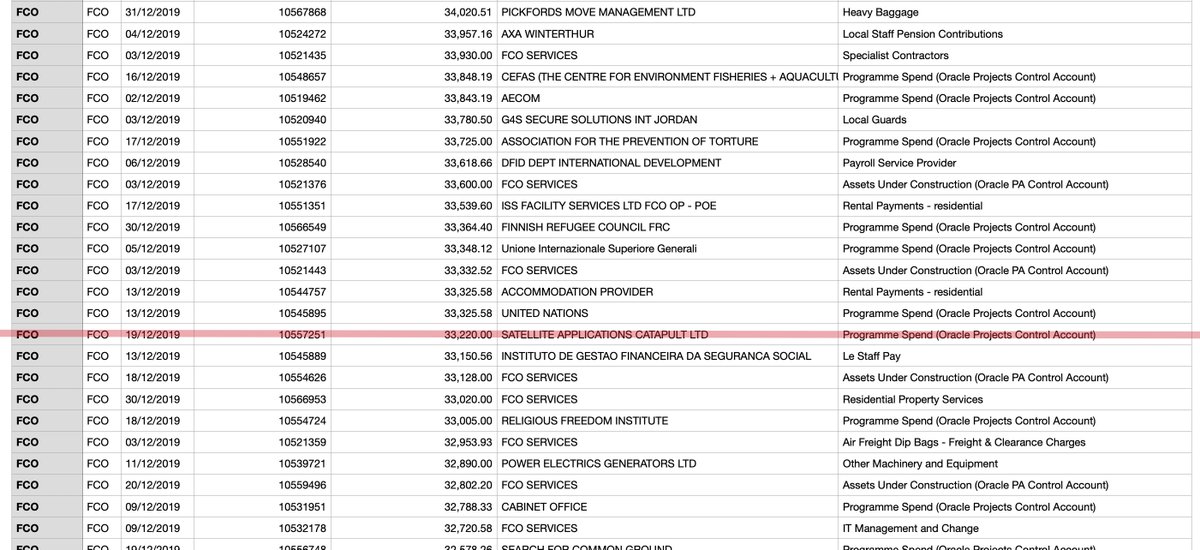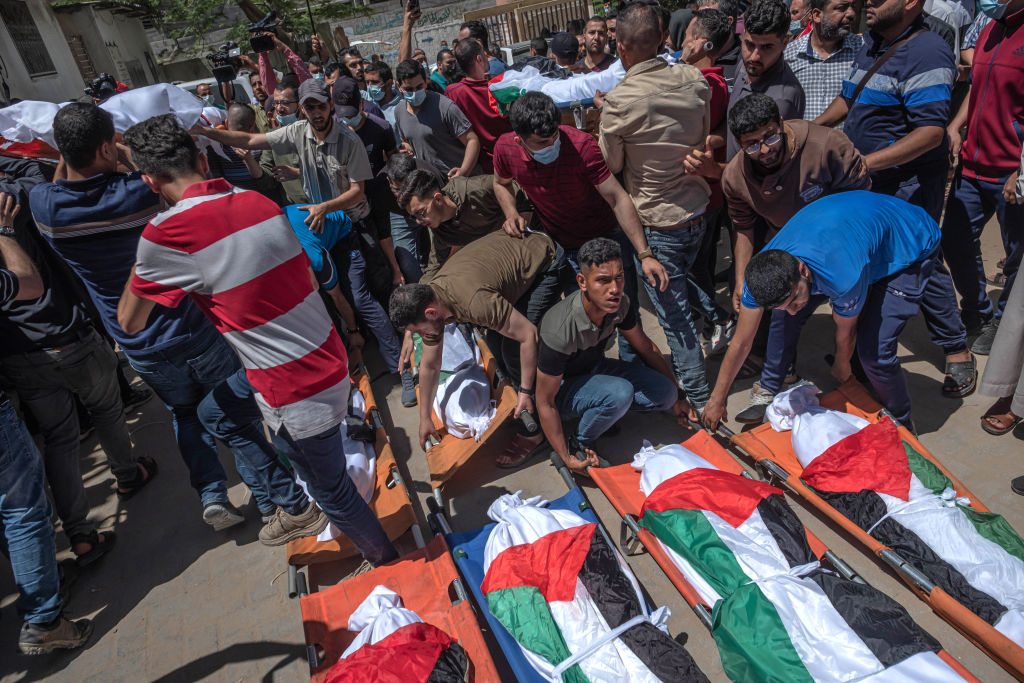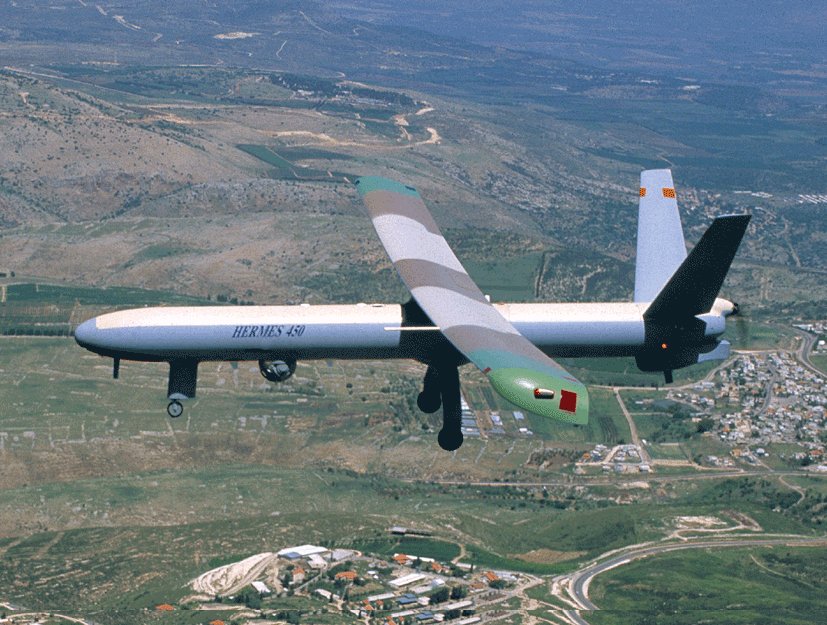
NEW -- How British journalists are seduced by the Ministry of Defence and spooks
by Richard @NortonTaylor
Many mainstream defence journalists routinely fail to question key government policies, self-censor and rely on deniable contacts with Whitehall.
declassifieduk.org/how-british-jo…
by Richard @NortonTaylor
Many mainstream defence journalists routinely fail to question key government policies, self-censor and rely on deniable contacts with Whitehall.
declassifieduk.org/how-british-jo…
SEE THREAD.
"There was overwhelming enthusiasm in the British media for the invasion of Iraq. In Afghanistan, it was only after mounting evidence emerged of fatalities that the media began to be critical", writes Richard @NortonTaylor, Guardian defence correspondent for 40 yrs
"There was overwhelming enthusiasm in the British media for the invasion of Iraq. In Afghanistan, it was only after mounting evidence emerged of fatalities that the media began to be critical", writes Richard @NortonTaylor, Guardian defence correspondent for 40 yrs
"The MoD knows how to seduce journalists, by showing off new weapons. This is something defence ministers and officials hope will also keep the military onside and stop them leaking about how bad their equipment is." 

"The MoD can effectively play one journalist against another. I have asked an MoD press officer for a response to a critical article I planned to write only to see a piece designed to sabotage my article in another publication."
"Few security correspondents pursued claims Britain colluded with the CIA in the torture of Iraqi detainees. This journalist was warned by a colleague not to pursue such allegations as they had been denied by foreign secretary Jack Straw. The allegations turned out to be true."
"The intelligence agencies have no official spokesperson. They choose one or two contacts in the main media organisations with whom they share mobile phone numbers for briefing purposes. These contacts thus enjoy off-the-record, therefore deniable, discussions."
"An official attached to the Joint Intelligence Committee told me the Cabinet Office had a file on me, among other journalists. David Shayler, the renegade MI5 officer, told me his agency had five volumes of material on me – and that was more than 25 years ago."
"Much goes unreported and journalists succumb to self-censorship in the hope they will be rewarded by their sources in the agencies. Snowden was kept at arms’ length by many media organisations. Deference, as much as secrecy, remains the English disease."
declassifieduk.org/how-british-jo…
declassifieduk.org/how-british-jo…
• • •
Missing some Tweet in this thread? You can try to
force a refresh
















